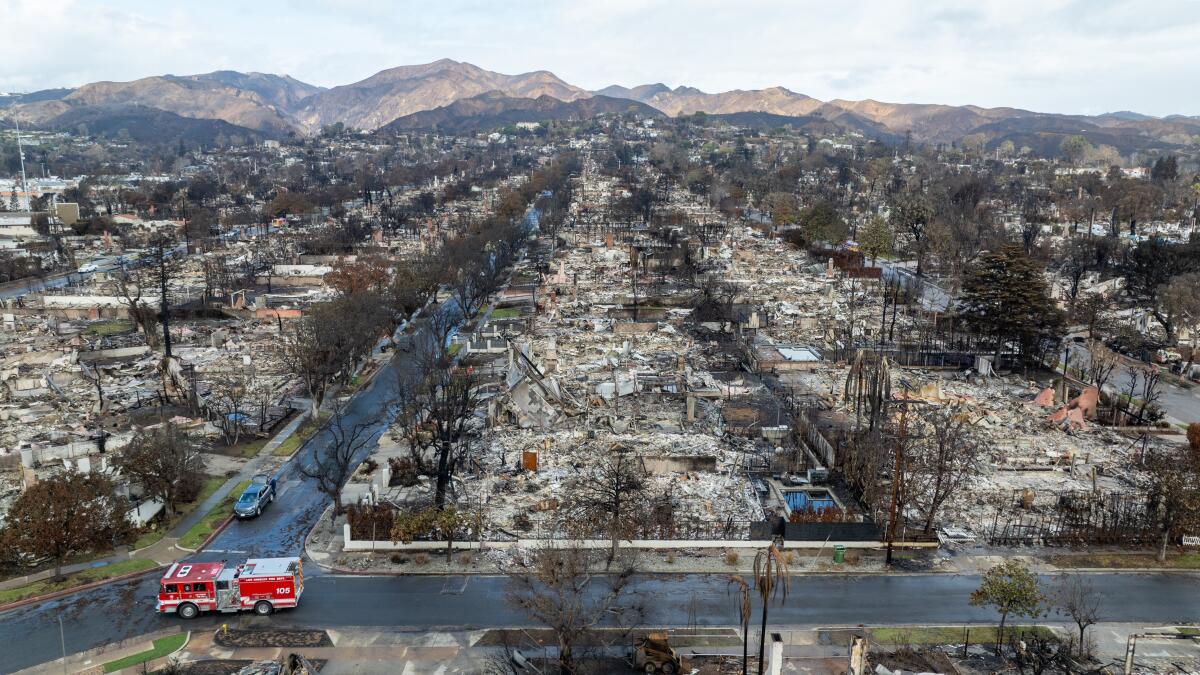Climate Conversations: Why Silence is Killing Our Planet

Climate change is the elephant in the room that most Americans are silently acknowledging but hesitant to discuss. Despite growing concerns about global warming, a curious paradox has emerged: people are worried, yet remarkably quiet.
Recent surveys reveal a startling disconnect. While a significant majority of Americans express genuine anxiety about climate change, they rarely initiate conversations about this critical issue. This collective silence speaks volumes about our complex relationship with environmental challenges.
What's driving this communication breakdown? Fear, uncertainty, and a sense of overwhelming helplessness seem to be primary culprits. Many individuals feel that their individual actions are too insignificant to make a meaningful difference in the face of such a massive global problem.
Moreover, the polarized political landscape has transformed climate change into a contentious topic. People are often reluctant to engage in discussions that might lead to heated arguments or social friction. The result is a widespread communication gridlock that prevents constructive dialogue and collective action.
Experts suggest that breaking this silence is crucial. Open, respectful conversations can demystify climate change, share practical solutions, and build community resilience. By normalizing discussions about environmental challenges, we can transform passive concern into active engagement.
The time for whispers is over. Climate change demands our collective voice, our shared commitment, and our unwavering determination to create a sustainable future.
